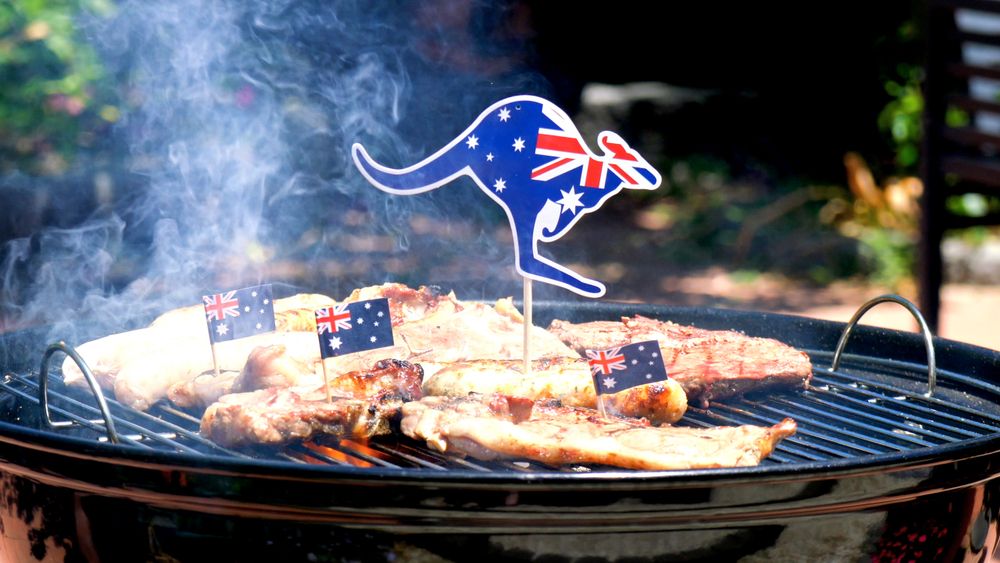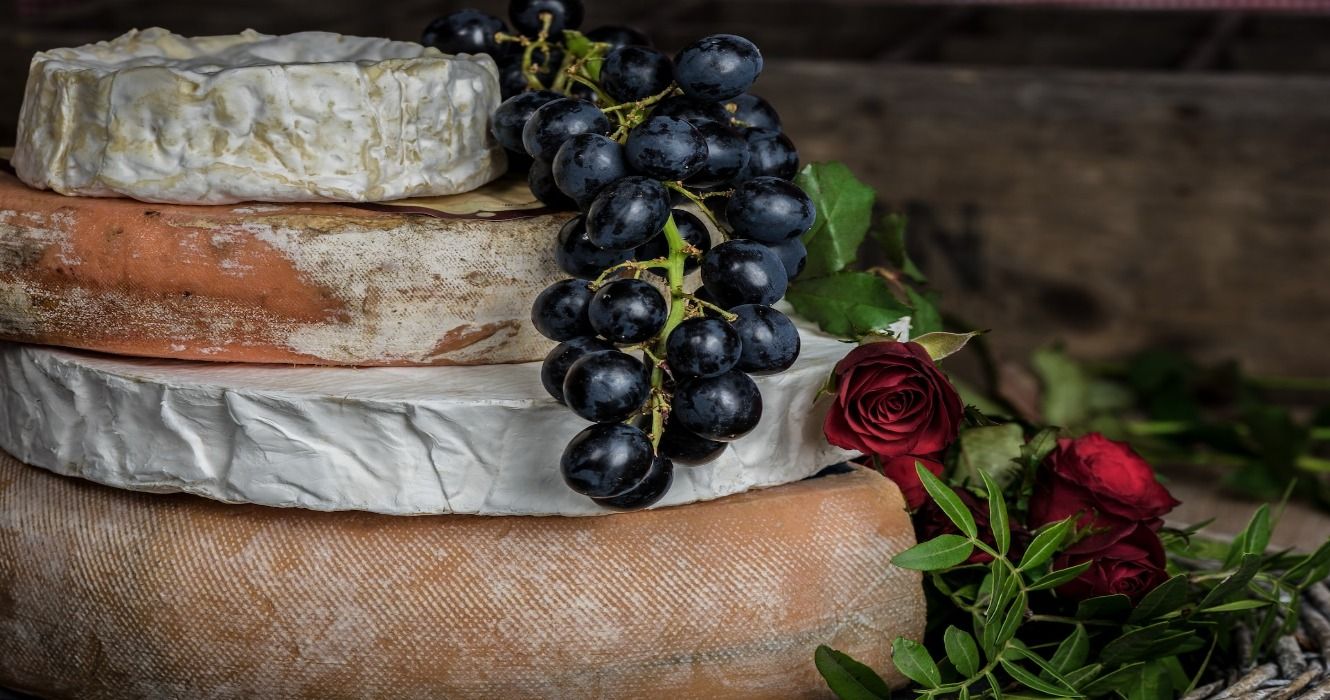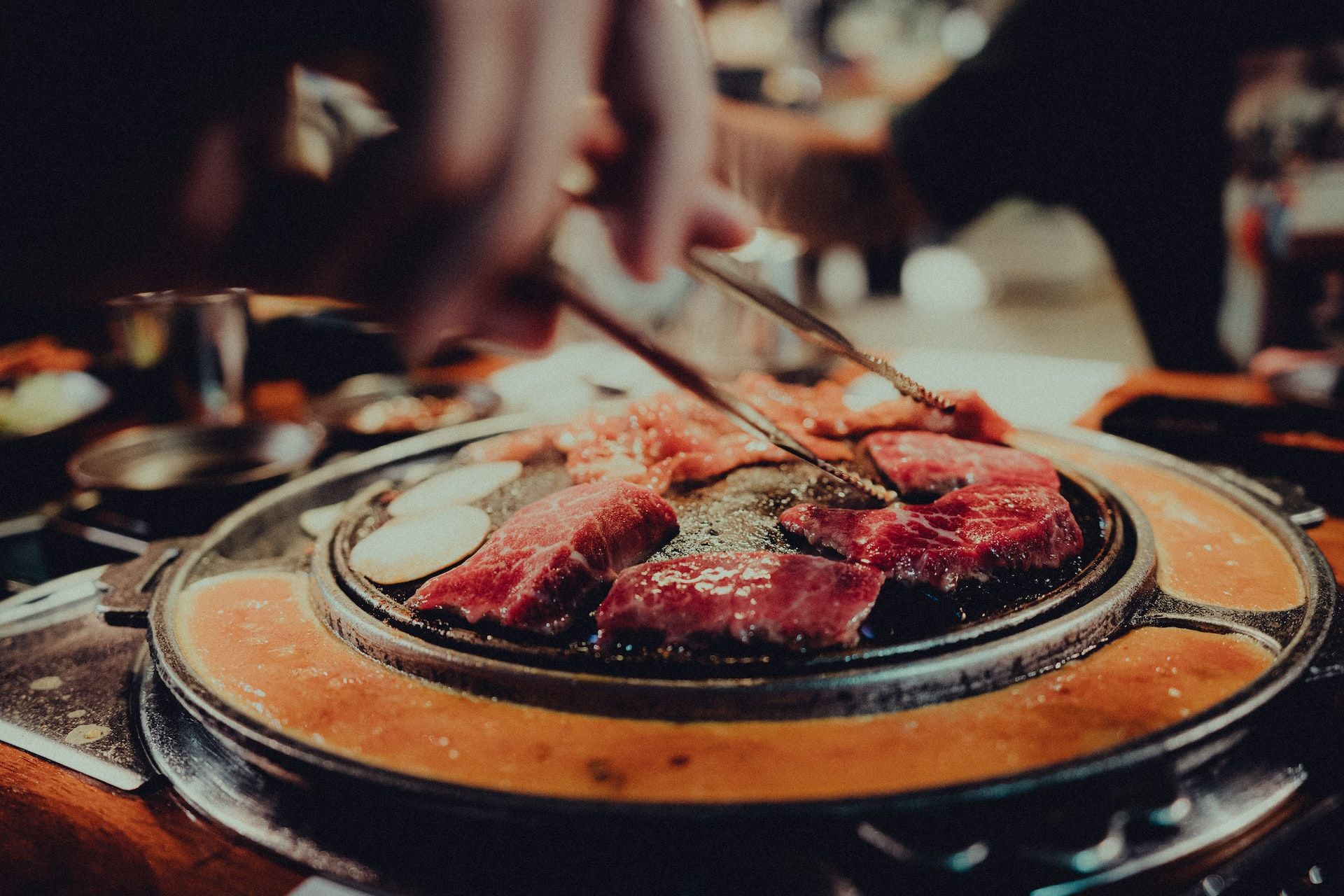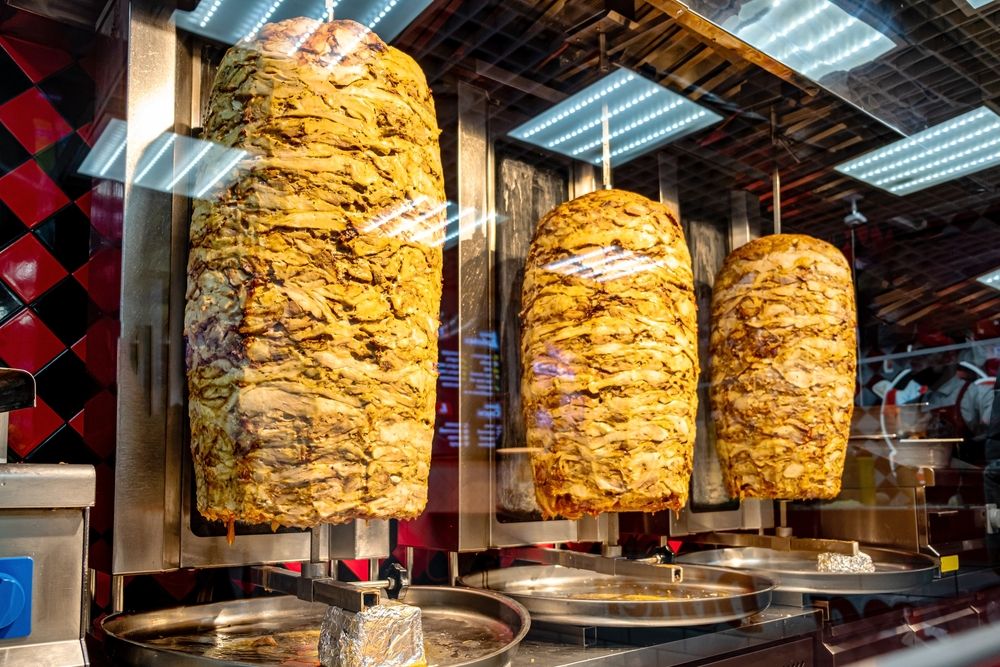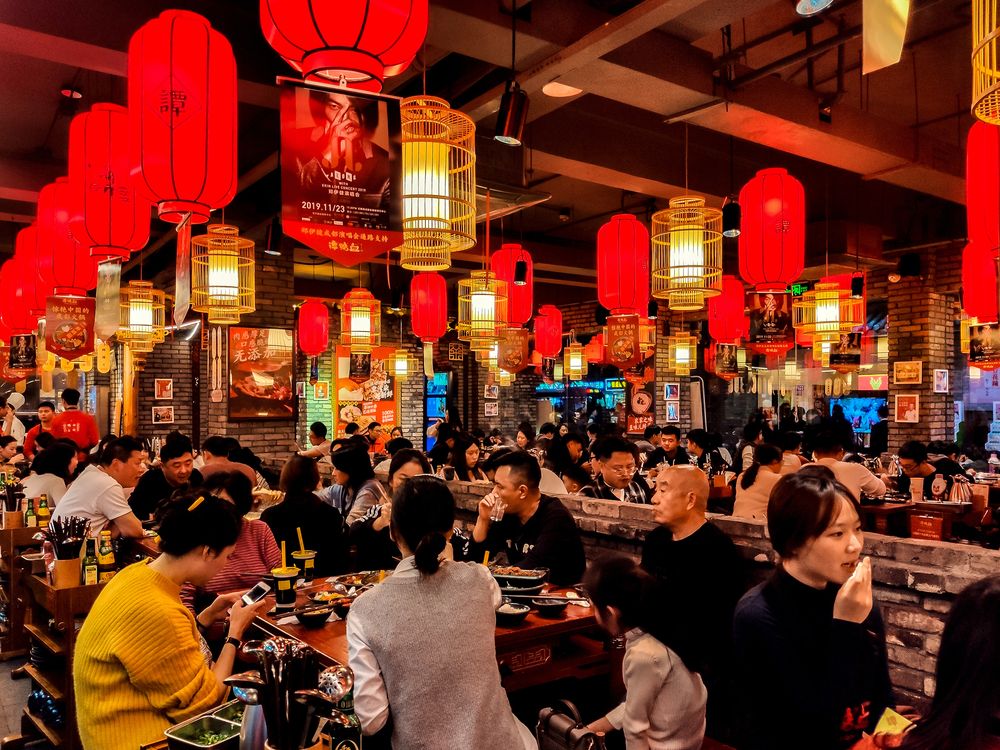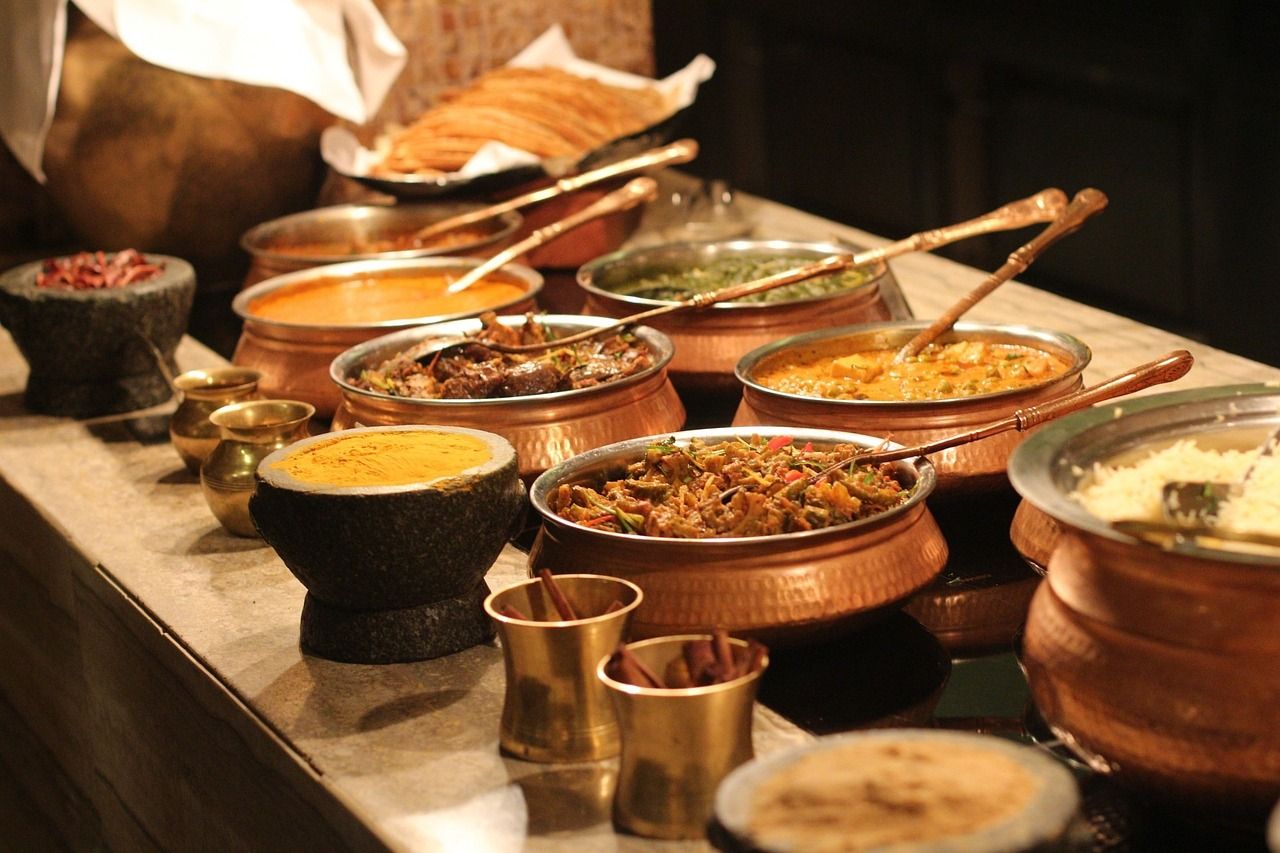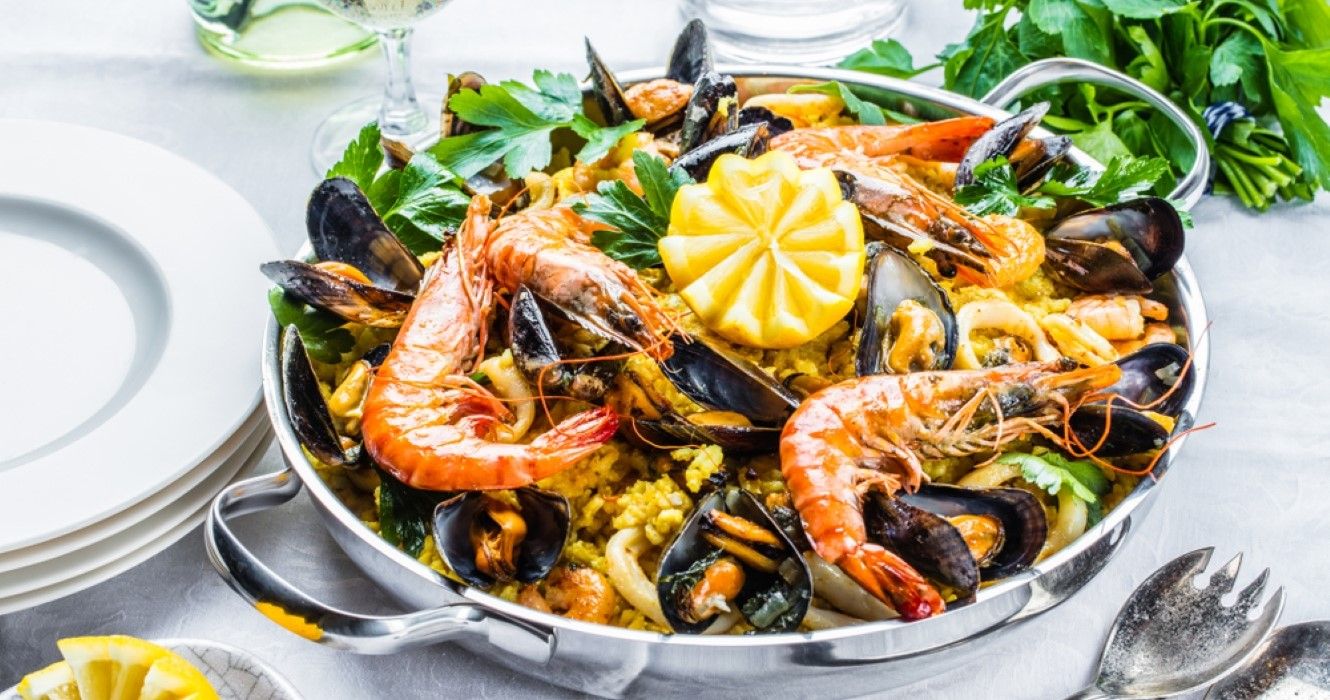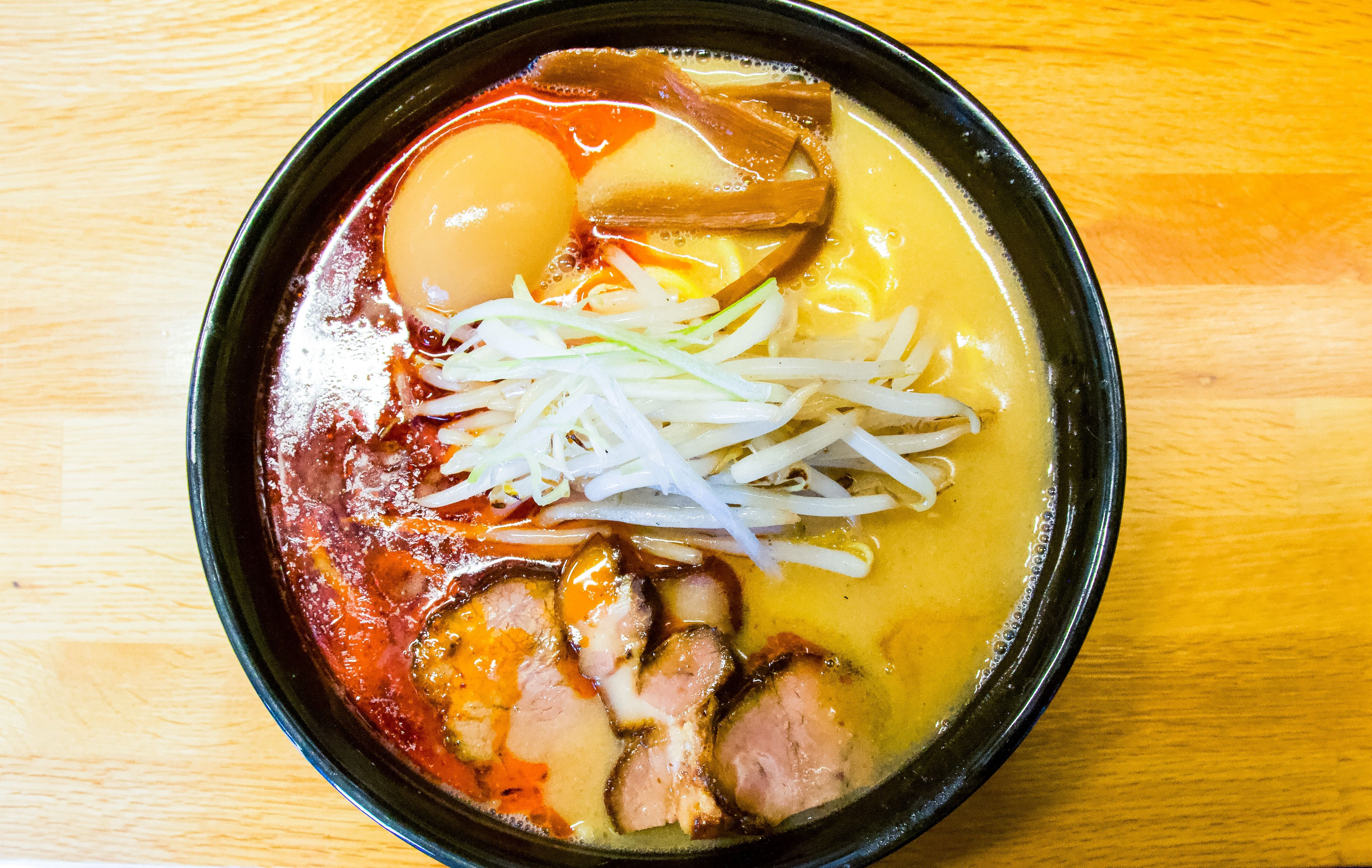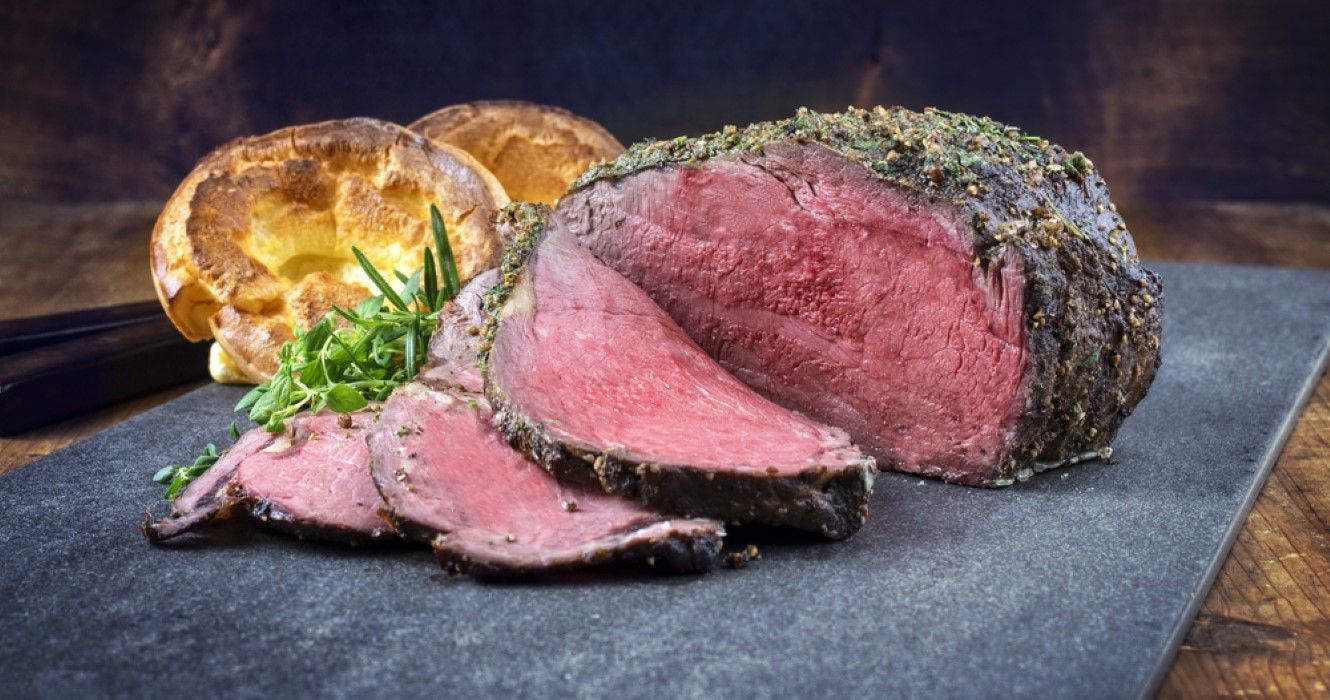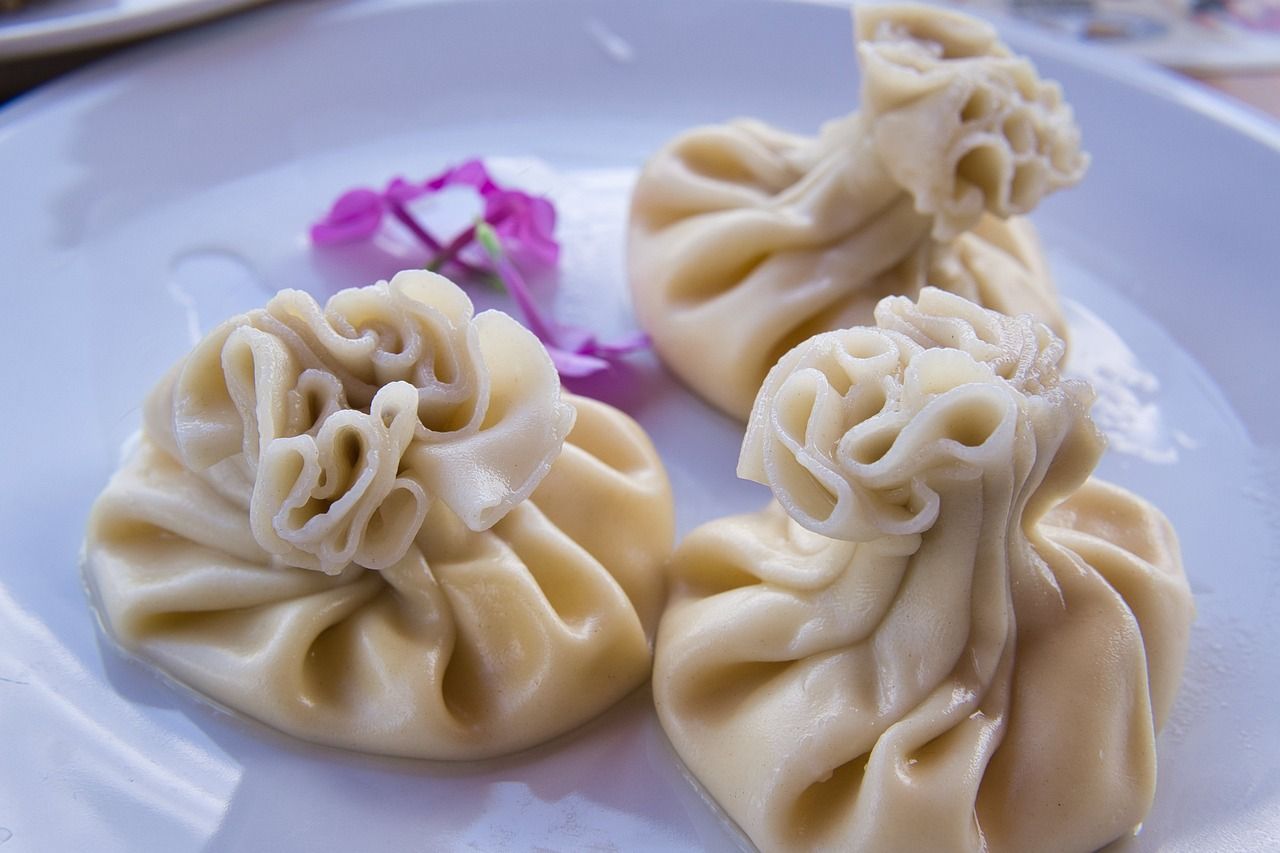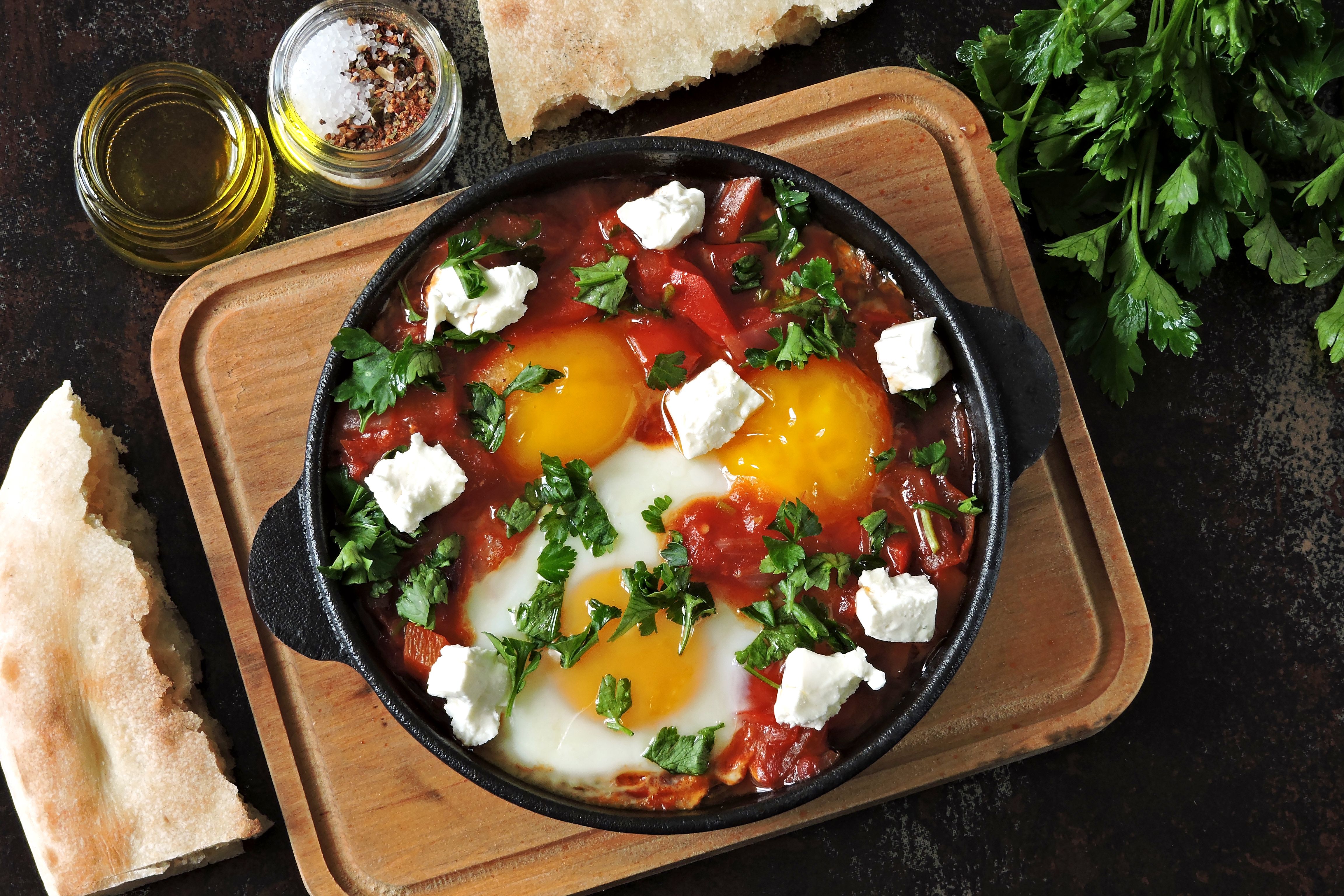Read update
- Read More Etiquette Tips About Dining Around The World!
Summary
- The different table manners around the world vary, such as keeping elbows off the table in France and using the right hand only in the Middle East (the left hand is considered the "dirty" toilet hand!)
- In Australia, it's best to avoid business talk when dining with locals and focus on friendly banter instead (in true Aussie spirit!)
- Is it rude to eat all your food in China? It can be; clearing your plate can insinuate that the host hasn't provided enough food.
Each culture has its own etiquette that should be obeyed when traveling (even a state like Hawaii has its own etiquette). Many countries have specific rules and guidelines to follow when it's time to share a meal, as dining rules tend to be followed more strictly than other rules. Sometimes, a culture's most notable table manners are more about drinking than actually eating (as with the country of Georgia, famous for its traditional cuisine).
The dining rules of the world are helpful to know because if there’s one place tourists don’t want to make a faux pas while traveling, it’s at the dinner table! Keep reading to find out about worldwide dining rules to know about as a traveler. Always remember to obey them around the globe; it could save a foreigner a lot of embarrassment!
UPDATE: 2024/01/05 19:58 EST BY AARON SPRAY
Read More Etiquette Tips About Dining Around The World!
In which country is it rude to leave food on your plate? In some places, it is rude to leave food on your plate; in others, it is rude not to leave food on your plate! This list was updated and expanded with more dining etiquette tips around the world. Every place is different with its own set of table manners!
12 Australia: Only Friendly Banter; No Business Talk
When dining in Australia, relax, have a good time, and leave the office behind
Australians have a reputation for being friendly. It only makes sense that when you’re dining with Aussies, you should leave the business talk to the boardroom. Unless you’re specifically having a business meeting over dinner, dining with colleagues and clients should involve conversation based on friendly banter rather than business talk.
Because Australians are fairly relaxed, there aren’t too many other dining rules to remember when eating Down Under. It’s very hard to offend an Aussie with something like putting elbows on the table or using the wrong fork.
Australians typically don't like instant coffee and will frequently prefer to drink water. Plus, Australians don't really eat 'shrimp on the barbie'.
11 France: Elbows Off The Table
Follow French table manners by keeping elbows off the table while sampling cheese and wine
Now, a place where one should remember to keep elbows off the table is France. When it comes to table manners, the French tend to be a little pickier than people from other countries. Depending on where someone is eating in France, they could attract a lot of disapproving looks if they forget to keep their elbows off the table.
The bread roll that is typically served with a meal should also be broken with one's hands rather than cut with a knife. Remembering these rules will keep tourists in the locals' good books! While in France, take the time to discover the beautiful world of French cheeses.
When in France, be sure to try traditional French fish soup at an authentic restaurant - it's widely available in most French eateries. For anyone not heading to France anytime soon, it's actually really easy to make classic French fish soup at home, too!
10 South Korea: Allow Elders To Eat First
Go as a group for Korean BBQ and defer to the Korean values of hierarchy at the table
The customs and culture of South Korea are heavily influenced by values of hierarchy. In other words, elders are given more respect and admiration than their younger counterparts. There is a huge emphasis on showing respect to elders and this is very obvious during meals. If there’s one social blunder you don’t want to make, it’s disrespecting the elders of the group.
When dining with elders in Korea, don’t start eating until they have started!
Even before eating, diners should also remain standing until the elders of the group have taken their seats. Everyone should only sit down after the said elders are seated.
9 The Middle East: Right Hand Only
Eating with one's right hand is very important, not only in the Middle East but also in India
In the Middle East and some Asian countries such as India, the right hand is considered the clean hand. Historically, the left hand was used for toilet duties. So, even if you’re left-handed, it's considered rude to eat with your left hand. Always use the right hand.
This is especially important when eating from a communal dish, as many of the servings in countries like Morocco (although Morocco is in Africa) can be.
When eating communally, only eat from a certain portion of the communal dish so that you’re not treading into other people’s food territory, and always eat with your right hand only.
8 China: Leave Food On Your Plate
Food is shared in the middle of the table in China, and leaving food uneaten means everyone is full
Depending on where you grew up, you might have been told that it was rude to leave anything on your plate. In some cultures, this rings true—leaving food on your plate is considered disrespectful to your host. However, in some countries, the more disrespectful thing to do is actually eat everything you’re given. This is the case in China.
One of the etiquette tips for travelers in China is that it’s considered rude to eat everything on your plate; doing so implies that you’re still hungry, even if you’re not. That means that the host hasn’t done a satisfactory job of providing enough food and can make them feel bad.
Leaving food on the plate or not is not rude in most countries; however, in China, it indicates you are still hungry.
7 Italy: Don’t Add Condiments To Pizza
The Italians can be particular about pizza, so it's best to leave the pineapples off
Italian food has been loved and adopted all around the world. It has also been adapted according to the varying tastes of countries that now serve it. Typically, the authentic food in Italy will be very different from the adapted version around the world.
When dining in Italy, it is a faux pas to add condiments to your pizza. That would be trying to make the dish into something it’s not rather than appreciating it for what it is: simple.
Don’t expect to find pineapple on pizzas in Italy!
6 India: Use Flatbread Instead Of A Fork
Eat with your right hand and use the bread as a spoon or fork in India
In India, you might find that much of the food is eaten from communal dishes rather than from individual plates. This could be the case if you’re invited to someone’s home to eat. There are a few things to remember, including always eating with your right hand (never your left hand!) and only eating from your portion of the communal dish.
The other thing you should remember is that if you don’t want to eat using your hands, you should eat using flatbread. Silverware is not authentically Indian and flatbread or the hands are typically used to eat.
5 Spain: Eat Everything On Your Plate
Enjoy tapas before the meal and eat it all socially with a glass of wine
Unlike China, Spain is one of the countries where it's considered rude to leave food on your plate. This isn’t seen as an insult to the host, but instead, it's perceived as wasteful.
If you’re starting to feel full, it would be better to try to eat as much as you can and then refuse a second serving. Bread is often used to mop up the remnants on the plate, but you don’t have to do that if you’re full.
In Spain, if you accept a second serving of food, you should still be hungry enough to eat all of it. The last thing you want to do is waste food that someone has put a lot of effort into making.
4 Japan: Slurping Is Okay
It's important to eat quietly in Japan, but slurping noodles is the exception
In Western countries, children are often taught that slurping and eating noisily in general is bad manners. When eating things like soup or noodles, slurping is considered rude.
However, in Japan, a country where the etiquette can be quite different from what it is in the West, slurping is actually acceptable (culture-wise, slurping noodles is even encouraged - it's often considered a compliment to the chef since it means the person eating the meal is enjoying it!). Don’t be surprised if you’re eating noodles in Japan and you hear everyone around you slurping (why not join in?).
Blowing your nose in public is considered to be the height of rudeness in Japan. This is especially true if you’re eating dinner. No nose-blowing at meal times! Otherwise, discover why Japanese food is worth a vacation!
3 England: Follow The Monarch's Lead
Those lucky enough to dine with the King or Queen of England must follow particular rules!
The chances are you’ll never dine with the King or Queen of England (or any royalty, for that matter), but if you do stumble upon the once-in-a-lifetime opportunity to do so, you don’t want to be in the dark about the rules! And when you’re eating with the British monarch, there are a lot of them.
Basically, nobody sits until the Queen or King sits. Nobody eats until they eat. Plus, when the King or Queen stops eating, you stop eating, even if you’re still hungry.
Funnily enough, before Her Majesty passed, the Queen had been known to forgive dining blunders and make everyone at her table feel welcome.
2 Georgia: Only Drink During Toasts
Drinking is an important part of dining in Georgia; everyone should follow the "toastmaster"
In the country of Georgia (not to be confused with the state of Georgia), drinking is an important part of dining. When eating with the Georgians, there will normally be alcohol (usually wine or chacha - a local and very strong spirit). In the region, it is rude or uncustomary to drink out of turn.
Every group will have a toastmaster and everyone should wait for him or her to make a toast. Then in a clockwise direction, everyone should either cheer (say 'Gaumarjos' in Georgian) or add their own little speech to the toast. Normally, every time someone drinks, it's bottoms up (including for wine)!
"Gaumarjos" in Georgian means "cheers!". Also, when visiting Georgia, travelers should be sure to try some of the country's favorite foods, such as Khachapuri (cheese bread) and Khinkali (Georgian dumplings).
1 Islamic Countries: No Eating During Ramadan
The observance of Ramadan varies; it's best to ask locals if eating in private is advised
The observance of the holy Islamic month of Ramadan varies greatly across the Muslim world. Ramadan is the holy month when Muslims fast during the day and only eat and drink before the sun rises and after it sets. In some countries (like Kazakhstan and Azerbaijan) it's normally perfectly fine to eat in public during Ramadan.
However, in some Muslim nations, restaurants close during Ramadan, and eating in public can be not only offensive but outright forbidden. If in doubt, it's always best to ask locals if it's okay to eat in public during the month of Ramadan. It's essential to be respectful of the local culture, beliefs, and values when visiting a new place, and that notion extends to eating, too.
Halal food means no alcohol or pork. Also, the Ramadan dates for 2024 are March 10, 2024 – April 9, 2024.


